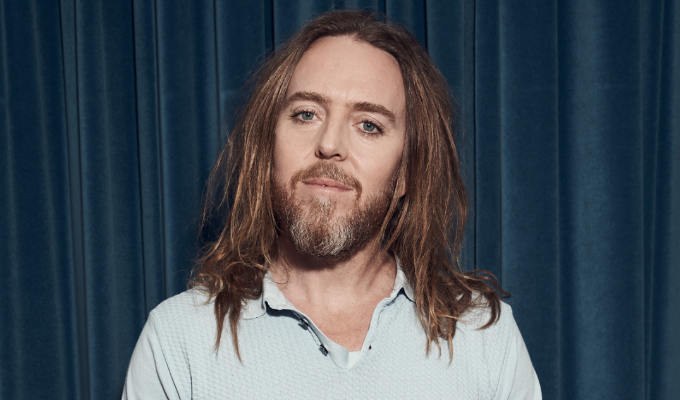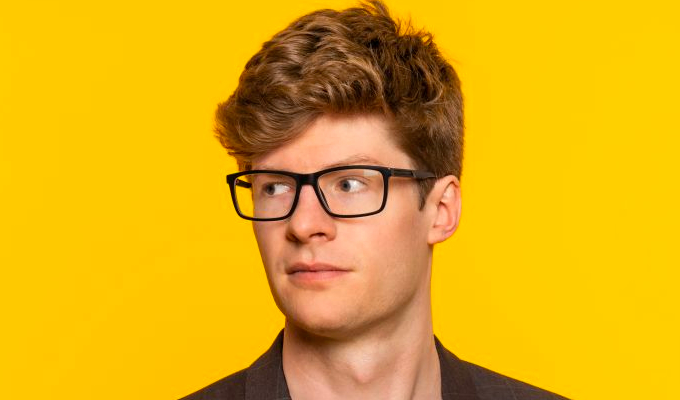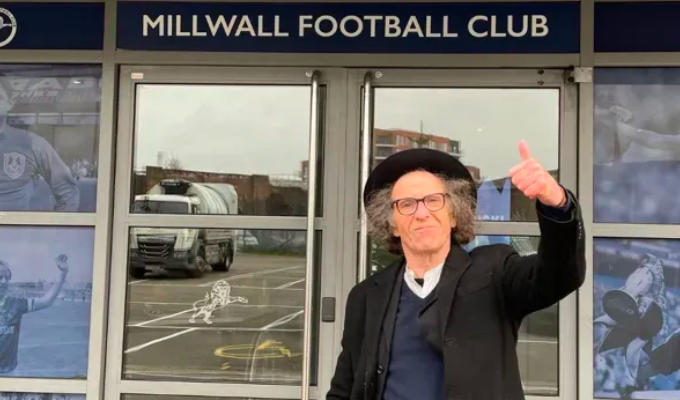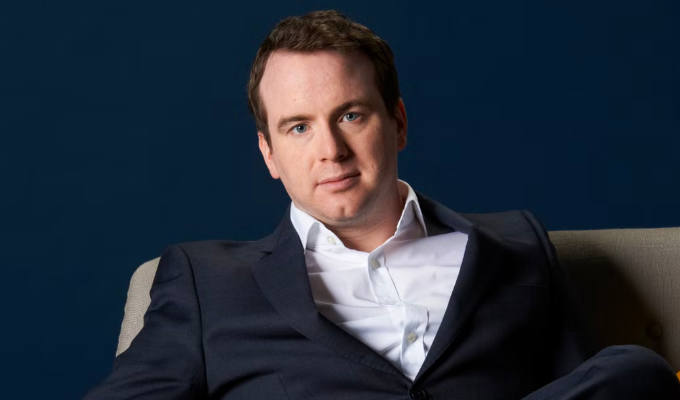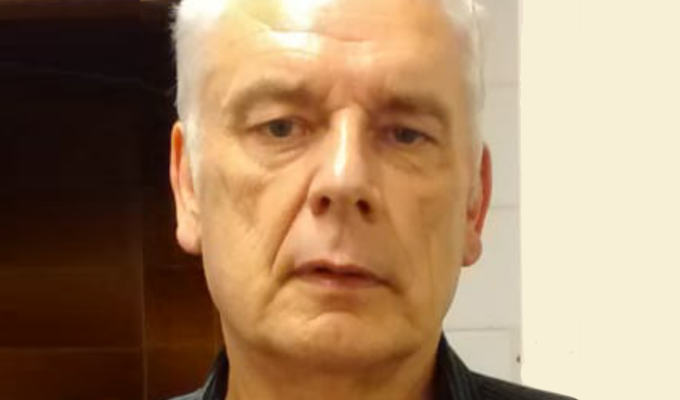
Beyond compere...
Ben Heal says the three-acts-and-an-MC formula has had its day
If an award laden long-format Edinburgh Fringe show is the critical high-water mark and the killing floor gong shows the lowest ebb of UK stand-up comedy – what's in the voluminous mid-water?
It is the circuit of UK dedicated comedy clubs, the one-a-month nights in pubs and theatres and odd pop-up nights. Here, creaking noisily away, are the up and down escalators of acts providing the bulk of stand-up hours for comedy fans. You can be certain however most stand-up will be in a singular standardised format.
Namely, a promoter, venue owner, one MC and usually three or four acts – all deriving income from the event. Lets call it MC+3 for ease of use.
Personally. I am fed-up with the tired and formulaic MC+3. It limps on sustained by a sprinkle of high quality acts, shoehorned into time slots and padded out by endless MC banter. Its the comedic equivalent of a monoculture where one crop crowds out healthy diversity because of punter inertia and a belief its a steady income.
MC+3 sustains partly as it is a flexible and effective business model, but increasingly because it has become ordained ritual, out there beyond change.
The business model of MC+3 is impressive, able to adapt to scale and quality factors and explains how it first took hold. It suits many of the players financially. For acts, it allows for standardised payments, old material to be taken around the country and new bits tried out. Often a middle act is a form of cheap apprenticeship. For the organisers and venue, the set timings and alcohol breaks enables scheduling and income streams to be maximised.
Live stand-up historically shifts its formats all the time, music hall to variety to working mens clubs and nowadays from real to virtual It has survived by adaptation. What doesn't change? Church services, pantomime, and Congolese wrestling. Why, you shout. Because they have all reached a place of ritualisation.
Rituals seek to avoid uncertain outcomes and avoid risk. There will be prayers in a church service. The pantomime dame will be a camp man, the Congolese wrestler will know the winner months before they enter the ring. Ritual in comedy, anthropologist Levi Strauss would probably have said, had he not died, ensure punters are united with a comforting sense of repetition.
Comedy nights anywhere in the UK, sir? Certainly! Do you want to know how long the show and the acts and intermissions are, a general standard and similarity of acts with a chance you will like at least half of them? Above all do you want booze and a MC, someone there for continuity, time-management, branding, and above all ensuring the possibly fictional immeasurable ‘energy’ in the room is maintained. MC+3 this way.
Comperes apparently provide continuity yet long form stand-up manages without an MC. What about the energy of the room? Is it really a ‘thing’? Does it act like disinhibiting booze and boost laughter. Is ‘energy’ the ghost operating the comedy club machine or as I suspect the equivalent of Holy Spirits in church, nostalgia in panto, magic in Congolese Wrestling – entirely dependent on Ritual faith ?
Is a room’s energy the product of an MC’s actions, fluffing up the Ken Doddian chuckle-muscles? Do punters really want unfathomable periods of MC's banging their head on dead-end leads crowbarred out of front row members?
Rituals trade on symbols that signal meaning. Think of MC+3 shows’ intro music, dimming light signalling the need for a hush, last drinks and stage focus. The meaning is you’re now a celebrant of MC+3 stand-up space.
The attendees transits from normal self-control to that of a supplicant. The music, lights, amplified voices reframes punters into the potentially amused arrayed before the professional amusers. Your in a comedy world that promises to make you feel a little less real. But only a little.
If security checks symbolise safety, the relatively anarchic behaviour, swearing, licence to ridicule symbolise your part of transgressive world. In reality a MC+3 emphasises anxiety reduction. It is safe in this space, it will run to time, keep your arms inside and no-one will be hurt.
The quiet comedy fan, and the loud drunk are expected to understand the behaviour limits and time flow of the event.
The loud aggressive drunk punter is instructive. They puncture the Ritual as a much as a percussive belch during prayers. The ever-endangering sequence of heckler put-downs, the move to threatened ejection, split rooms, the feeling of a night spoilt, the frisson of physical danger. They all illuminate the outlines of the Ritual they are threatening. Nothing tests a social edifice like risk.
When was the last time you saw a risky comic in a MC+3? It is sanitising and fossilising stand-up on our watch. Minimum risk for maximum cash – and maximum risk of tedium. New formats enable new talent.
• If you have an opinion piece on comedy you'd like to share, email feedback@chortle.co.uk
Published: 3 May 2024



